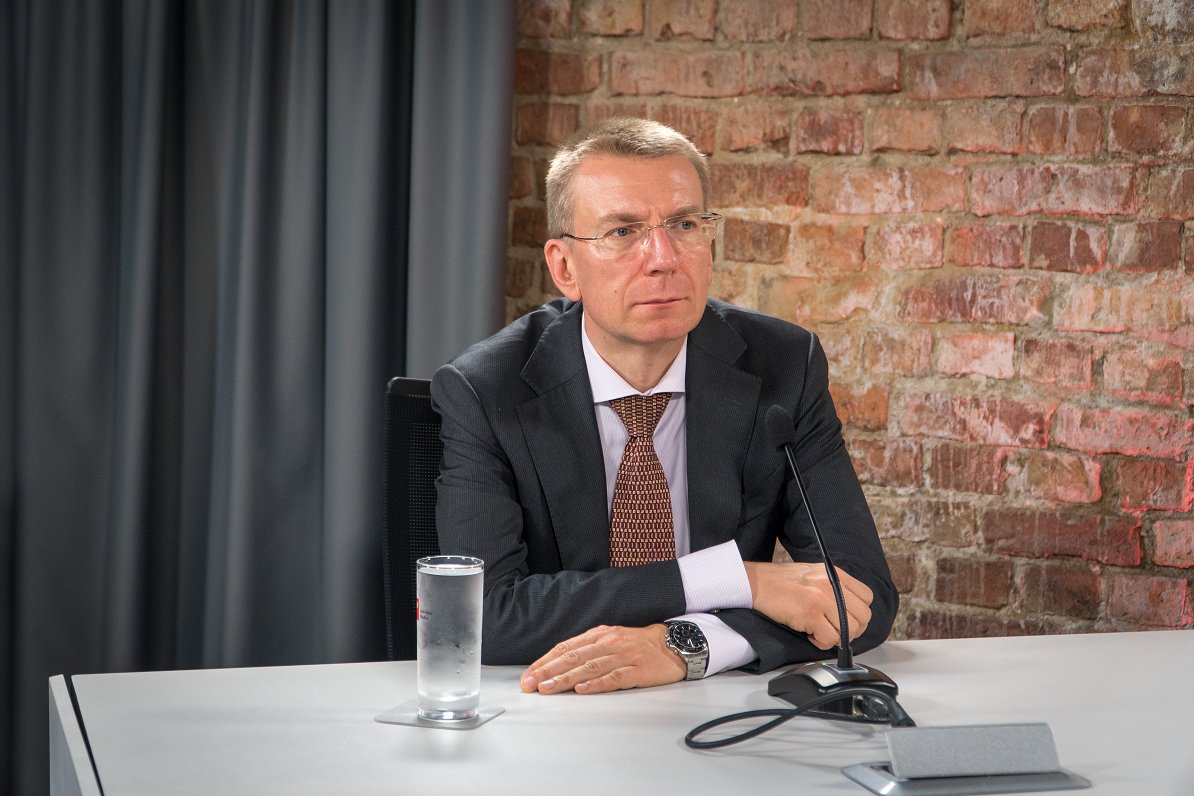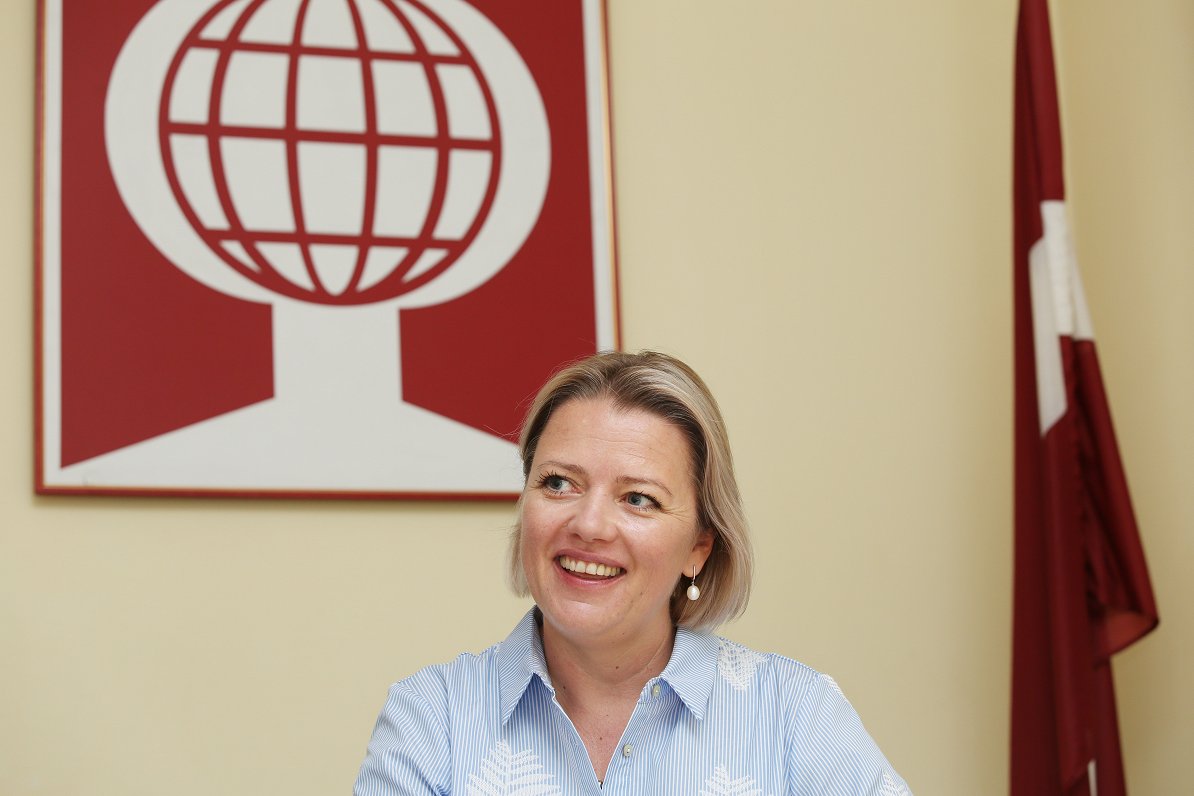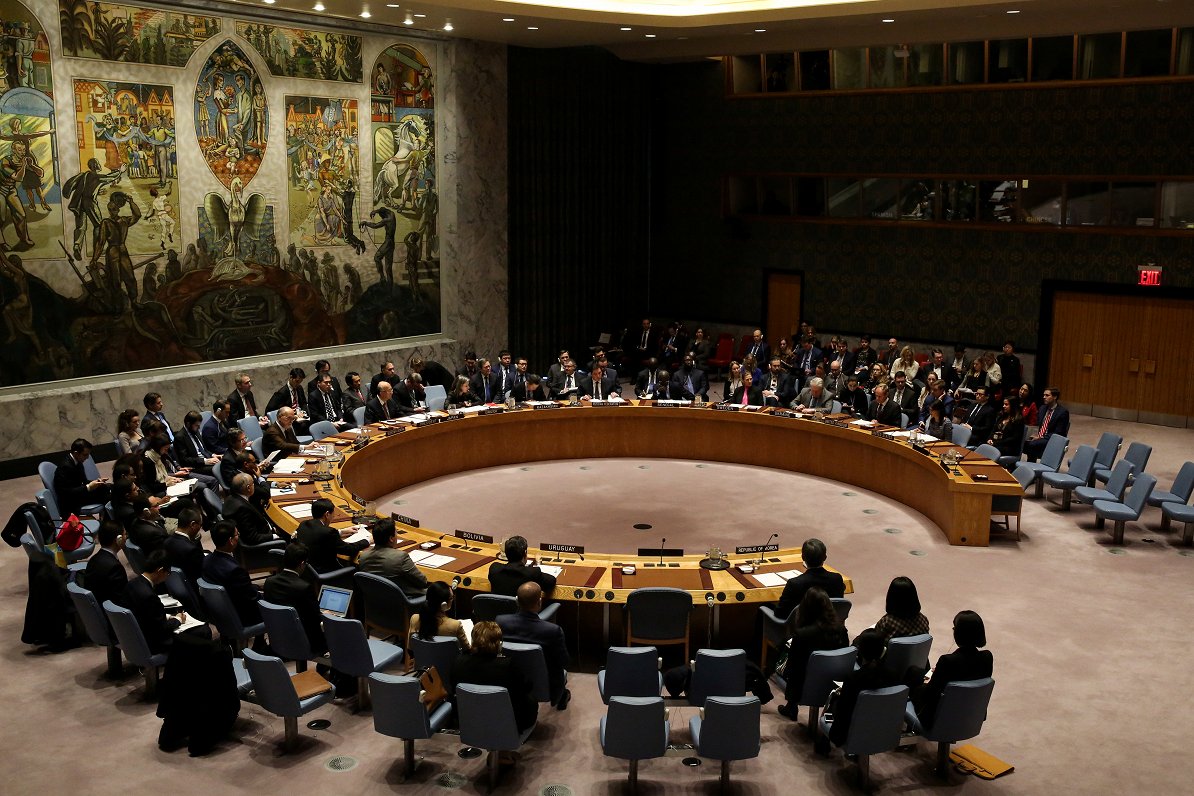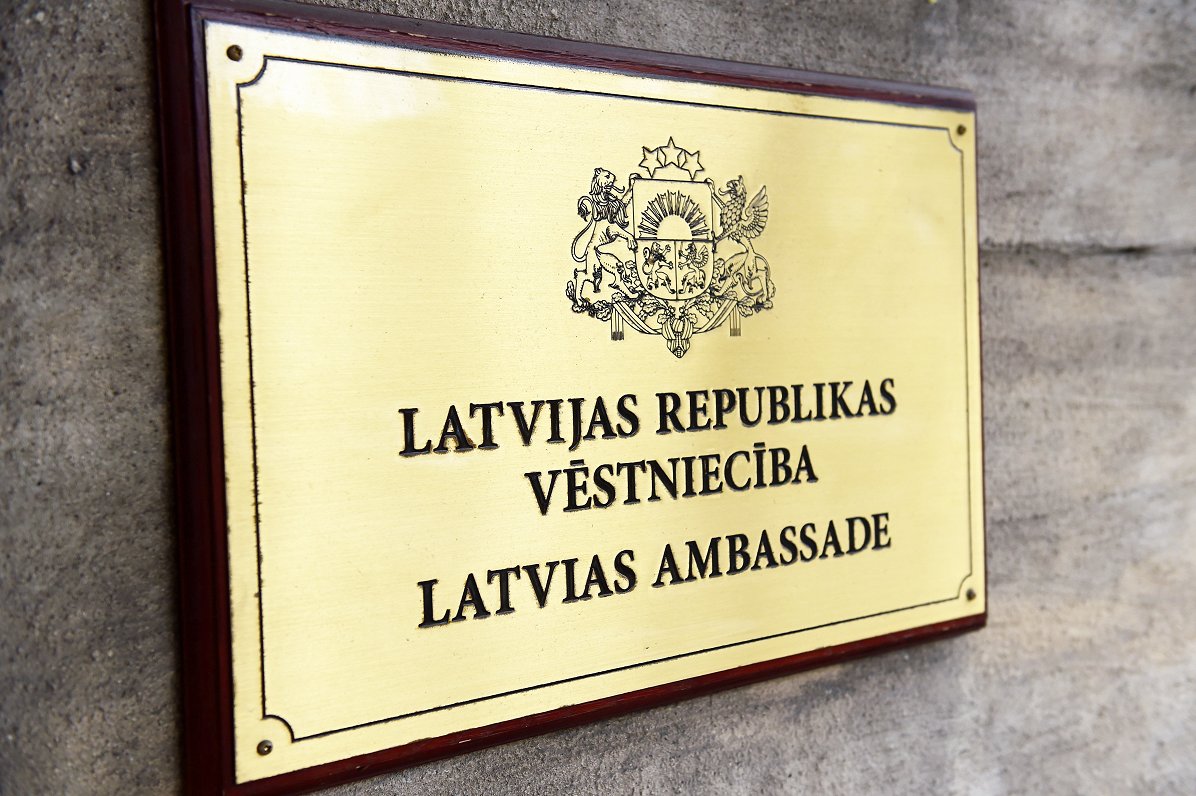Currently, Latvia's Ambassador to Australia is based in Tokyo while the Australian ambassador resides in Stockholm.
There's an Estonian embassy in Australia, open for several years now. But hitherto, lack of funding has prohibited the Foreign Ministry from opening an embassy in the capital Canberra.
This September the government decided that an additional €3m would be funneled to Foreign Ministry initiatives. "There's never enough money for all the priorities, and you always have to make a choice," said Foreign Minister Edgars Rinkēvičs (New Unity), commenting as to why an embassy in Brazil won't be opened at this time.
"We chose Australia for three reasons. The first is that it has an active diaspora, [which we should] support on a consular and political level," he said. "Australia is not just a country but also a continent. It's huge, and currently the Latvian embassy in Tokyo also serves our compatriots in Australia and New Zealand."
"But the flight from Tokyo to Sydney or Melbourne or Canberra takes about eight to nine hours, which is a lot. Things such as consular help and passports should be solved by an embassy in Australia instead of our colleagues in Japan," he said.

Big gains for big diaspora
After the Second World War, more than 20,000 people fled to Australia. About 5,000 people speak Latvian at home in Australia, and about 20,000 see themselves as belonging to Latvia. There are Latvian-language schools, a secondary school, a summer school as well as churches and Latvian houses.
"Speaking of the diaspora's active part, most of it is concentrated at the big Latvian centers in Australia's largest cities, such as Sydney, Melbourne, Adelaide, Brisbane and Perth," said Kristīne Saulīte, head of the World Federation of Free Latvians.
"I would say it's one of the most active parts of the Latvian diaspora abroad and it's also politically active. Proportionally speaking, the data say Australian Latvians were the most active [of the foreign diaspora]," said Saulīte.
The diaspora has been campaigning for the past ten years that it's necessary to open an embassy, said Saulīte. According to her, there are emotional and practical benefits to opening an embassy. She says that as of now it's practically impossible to obtain Latvian IDs in Australia, as the five honorary consuls serving in the country have limited rights to issue services.
"Now it will be possible to renew one's passport and apply for citizenship in Canberra. We are still busy with this and we're prompting everyone to apply for Latvian citizenship," she said.
But as of now it's unclear who'll be the new ambassador, and Foreign Minister Edgars Rinkēvičs is not inclined to speculate.

Travel and economic benefits
Of course, having an embassy in Australia will provide benefits for travelers, like in cases of lost documents or problems with the local authorities.
But the Foreign Minister says there could be economic benefits as well, despite that, historically, economic and political ties have been very limited. For example, Rinkēvičs sees that in particular economic ties could be boosted in information technologies and the new economic industries.
"Taking into account the views of the Economics Ministry, Australia was named as important as we see good potential there but we're missing opportunities as it's far, and because we have little information and no people on the ground there," he said.
As of now, however, Latvia exports goods and services – wood, electronics, as well as sundry devices – worth €28.3 million, or just 0.2% of its total exports, to Australia. But, according to Aija Jaunzeme of the Latvian Investment and Development Agency, ties with the diaspora could boost trade between the two countries.
Potential political benefits
The Foreign Minister also named the third potential benefit for establishing an embassy in Australia. According to him, a physical presence in this region of the world could boost Latvia's chances of becoming a non-permanent member of the UN Security Council in 2025.

"As of now our plan is that this won't be just an embassy in Australia but also serve as a non-resident embassy for New Zealand and about ten island countries, which many consider too small to be of use. But each of these countries has a vote in the UN General Assembly and every vote counts in these elections," said Rinkēvičs.
This year, Estonia was elected as a non-permanent member of the Security Council and will operate there for two years starting January. Rinkēvičs observes that having an embassy in Australia helped Estonia's campaign to win a seat on the council.
The Foreign Minister also said that Lithuania also has plans to open a diplomatic representation in Australia. This could happen next year as well.
It is clear that about €1.7m to €1.8m would be required to open an embassy and about €1m for keeping it open for the next two years. If all goes as planned, the first diplomats could arrive to Canberra next spring and the embassy could be opened by year-end 2020.
This makes it possible that next year, there'd be ambassadors from all three Baltic countries on Australian soil.




























